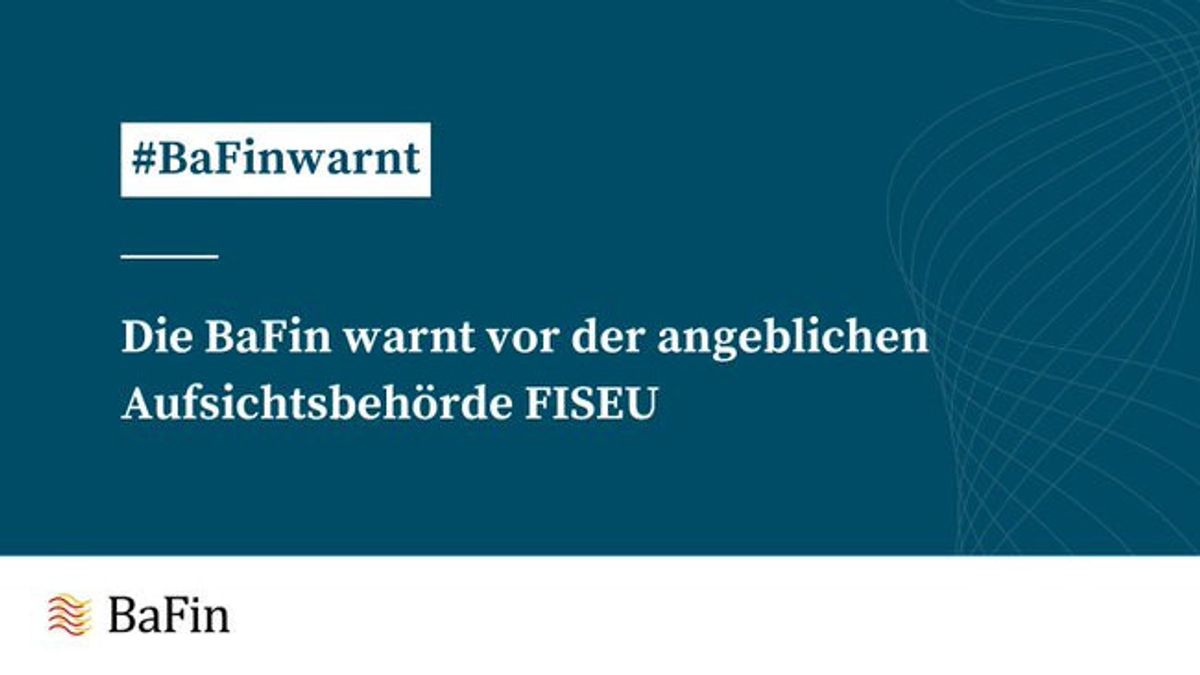Germany's Federal Financial Supervisory Authority (BaFin) is not ready to classify non-fungible tokens (NFTs) as securities. The agency suggests classifying NFTs case by case.
On March 8, the journal BaFin published an explanatory note regarding the classification of NFT laws. Currently, regulators do not see how NFT meets criteria to be considered securities. However, in the future, BaFin may consider NFT as a securities if, for example, 1,000 NFTs represent the same return and interest claims.
According to other records, if an NFT contains exploit or ownership rights documents, such as the distribution promise, it can be considered an investment.
The agency recommends a case-by-case approach to classifying NFT as a "crypto asset". However, according to BaFin, the possibility of NFT representing a "crypto asset" is even smaller than the investment classification, given the lack of ability to exchange directly. The lack of standardization also frees NFT from "e-money" status.
Given the difficulty in classification, BaFin does not expect NFT to meet the licensing requirements of the Payment Service Supervision Act. Except for observables that can be exchanged, which fall into the category of financial instruments, NFT is also free from the supervision of BaFin Money Laundering. NFT which is separately considered a "crypto asset" needs to comply with the supervision of Money Laundering.
According to Metajuice's metaverse platform, nearly three of the four NFT collectors on its platform purchased NFTs for their status, uniqueness, and aesthetics. Only 13% of survey participants said they bought NFTs for future resales or investments.
However, this does not rule out the possibility that NFT can have investment value if it contains exploit rights or ownership documents. Therefore, the assessment of NFT status as an investment or just collection of goods may vary depending on the characteristics and information contained in it, and can be considered as something that needs to be considered in case classification per case by regulators such as BaFin.
The English, Chinese, Japanese, Arabic, and French versions are automatically generated by the AI. So there may still be inaccuracies in translating, please always see Indonesian as our main language. (system supported by DigitalSiber.id)













